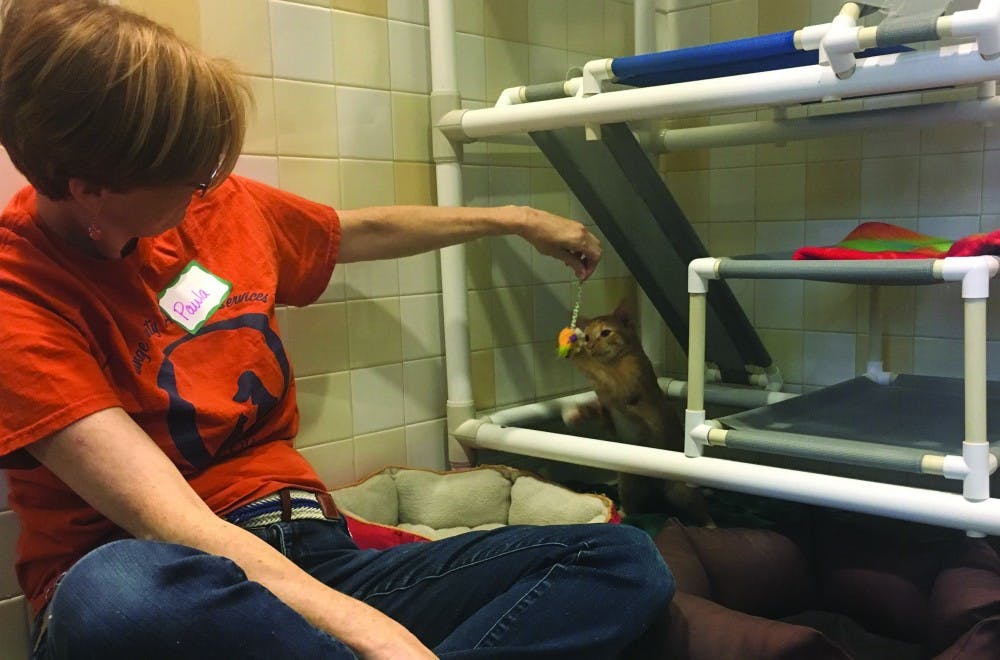A contagious — sometimes fatal — virus affecting cats is spreading around North Carolina animal shelters.
The virus, feline panleukopenia, affects North Carolina animal shelters each summer. The virus is an intestinal disease that can cause fever, vomiting and diarrhea. It's not treatable and often ends in death.
Dr. Sandra Strong, chief veterinarian at the Wake County Animal Center, said kittens are more susceptible to the disease than adult cats.
“They come in either incubating the virus or are already exposed because their immune systems aren’t equipped to handle the disease,” she said. “If more cats in the community were fully vaccinated, the kittens would have better immunity from their mothers.”
Strong said the most cases are recorded from March to September, the season when shelters take in the most kittens.
Dr. Patricia Norris, the director of the Animal Welfare Section of the N.C. Department of Agriculture & Consumer Services, said there is no hard data for the number of recorded cases each year.
Many North Carolina shelters have protocols in place to limit the spread of the disease. Specific methods differ depending on the capabilities of each shelter, Norris said.
“There are about 210 shelters in the state and none of them are exactly the same,” Norris said. “They look at intake policies, isolation policies, vaccination protocols and disinfectant effectiveness.”
Strong said the Wake County Animal Center has a robust foster program — with up to 300 kittens being placed in foster homes each month.



